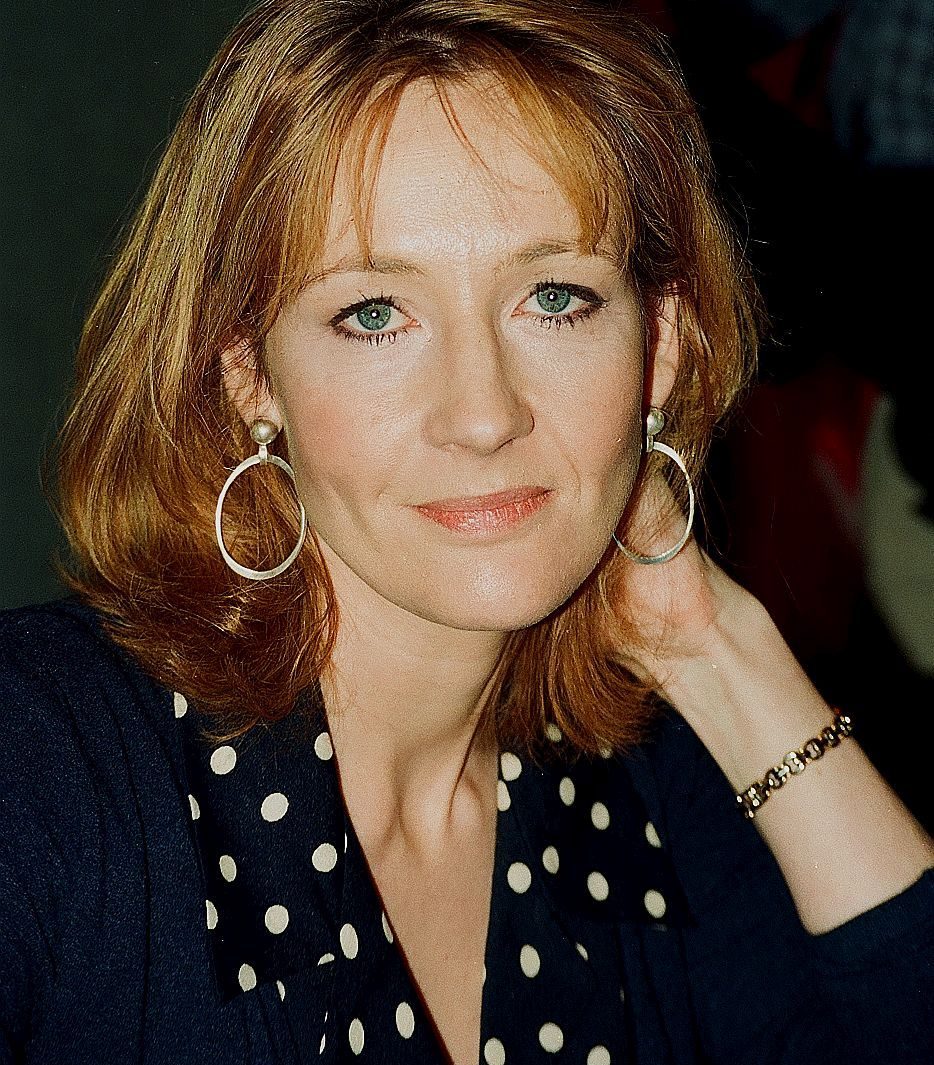On yet another sunny day, the infamous ‘TERF who must not be named’ seems to have reached a new low.
Speaking to host Megan Phelps-Roper on the podcast The Witch Trials of JK Rowling, the Harry Potter author explained that she had anticipated a backlash to her views, but that there had been a “tonne of fans that were grateful that I said what I said”.
Rowling’s transphobic comments are a common occurrence these days, but her most recent comments on the podcast caught people’s eyes. Seemingly comparing her haters and the trans community to ‘Death Eaters’- a brigade of dark witches and wizards who Harry Potter fought against in her books, Rowling added, “I am fighting what I see, as a powerful, insidious misogynistic movement that I think has gained huge purchase in very influential areas of society. I do not see this particular movement as either benign or powerless.”
Back in 2019, Rowling tweeted in support of Forstater who lost her job after tweeting that transgender women could not change their biological sex. Along with LGBTQ+ fans, several cast members of the Harry Potter film franchise, including the three main stars, Daniel Radcliffe, Rupert Grint and Emma Watson, publically criticised Rowling’s views. Thus began the subsequent downfall of the author, who has since doubled down on her views against the trans community. Rowling was also excluded from the recent Harry Potter reunion on the first film’s 20th Anniversary.
Many of Rowling’s former fans, who grew up reading Harry Potter are a part of this community she refers to as ‘insidious’. Rowling and her writings arguably shaped the very generation she is hurting today.
It was a mistake before JK pic.twitter.com/44igd1Prfn
— Help! I’m in Hell! (@TokyoDilf) March 13, 2023
A fan of the books that the podcast interviewed said they hoped Rowling “can try to see why so many trans people are angry and hurt by this. They hope she understands “why people who constantly face rejection and humiliation by their families and governments, who are losing access to healthcare and who are fighting for their basic ability to participate in society, why they might feel hurt and betrayed by her contributing to fear about us.”
It’s a long, frankly exhausting debate about whether Rowling’s comments are simply her exercising her right to freedom of speech. But on the other hand, conservatives are using her very public views as a weapon to back their actions. Her global influence means that her opinions are much more than just words.
Shouldn’t celebrities, especially the one with a younger and more impressionable fanbase, need to be at least careful of the views they are propagating? The most recent example of this is Andrew Tate, a misogynistic influencer and former boxing champion who is currently in pretrial detainment in Romania over sex-trafficking charges. Before his arrest though, he rose to fame through controversial social-media posts where he said, among other things, that victims of rape should “bear responsibility” and that he does not allow women out of his house.
Tate’s primary audience is impressionable teenage boys, many of whom have started picking up on his sexist statements and views. Tate’s influence affects how preteen boys see the world — particularly how they perceive women. It doesn’t matter whether he’s rotting in a Romanian cell now. We can’t undo the fact that maybe hundreds of young boys will now perpetuate his ideas and beliefs.
Rowling’s transphobic stance comes at a very sensitive time, where anti-trans violence is at its highest. People in the UK are mourning the recent death of 17-year-old trans girl Brianna Ghey. Two 15-year-old children stabbed her in a park. Many are blaming Rowling for indirectly being responsible for Brianna’s death, who recently criticized transgender reform bills in the UK and actively used her influence to try and block them.
Freedom of speech is certainly a double-edged sword, but to what extent should we allow famous personalities to endanger lives, without holding them accountable?




